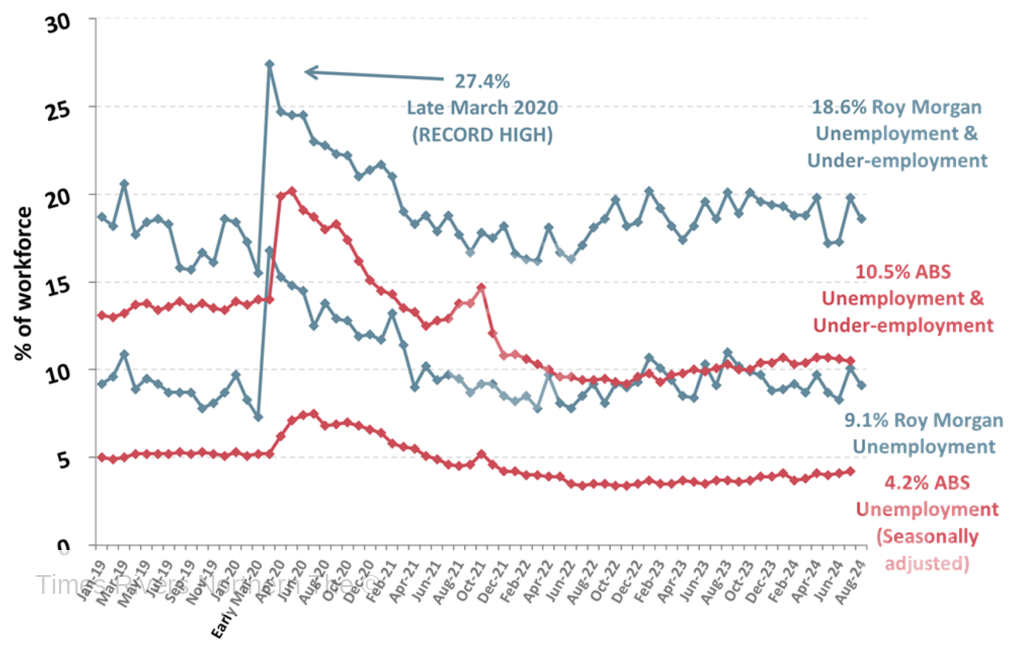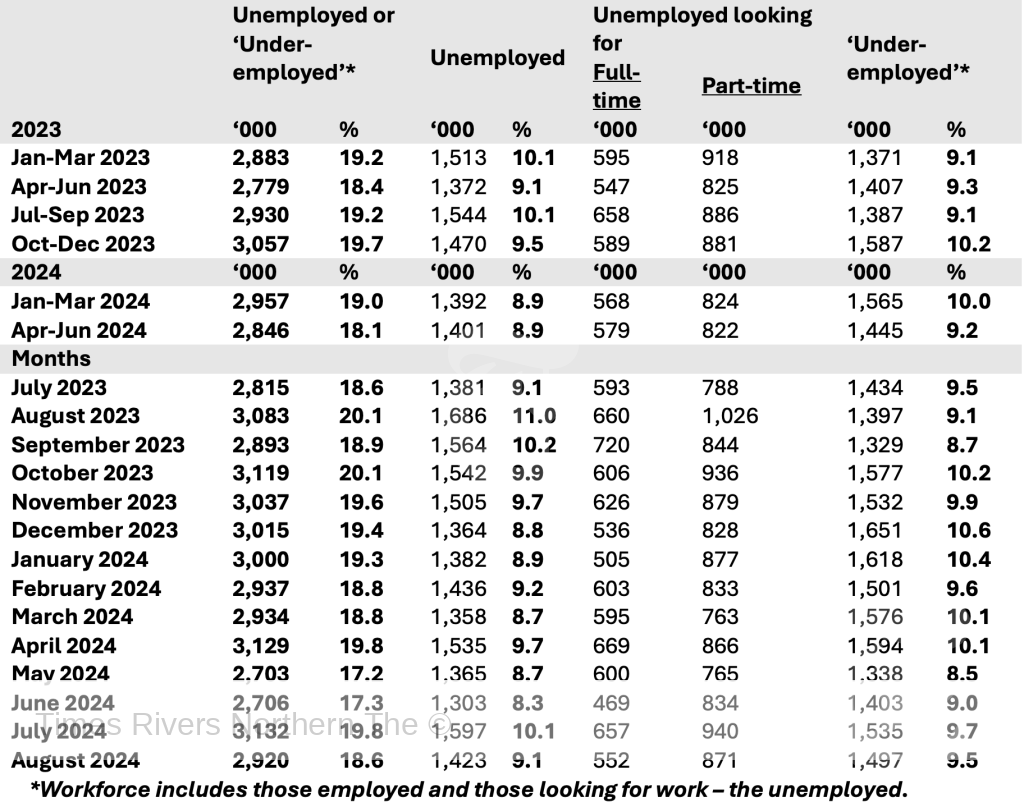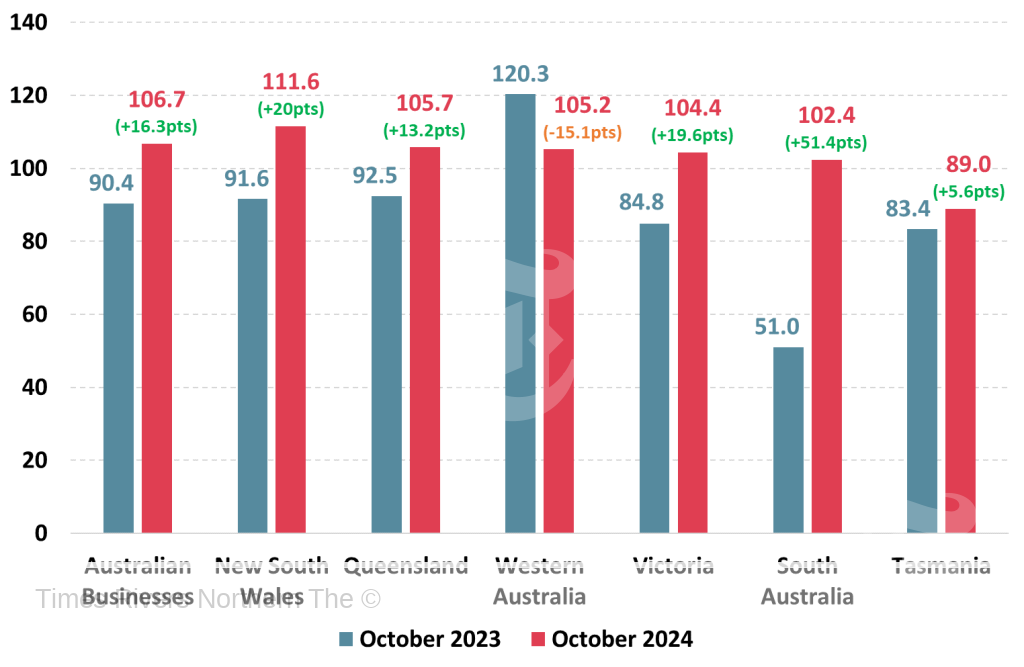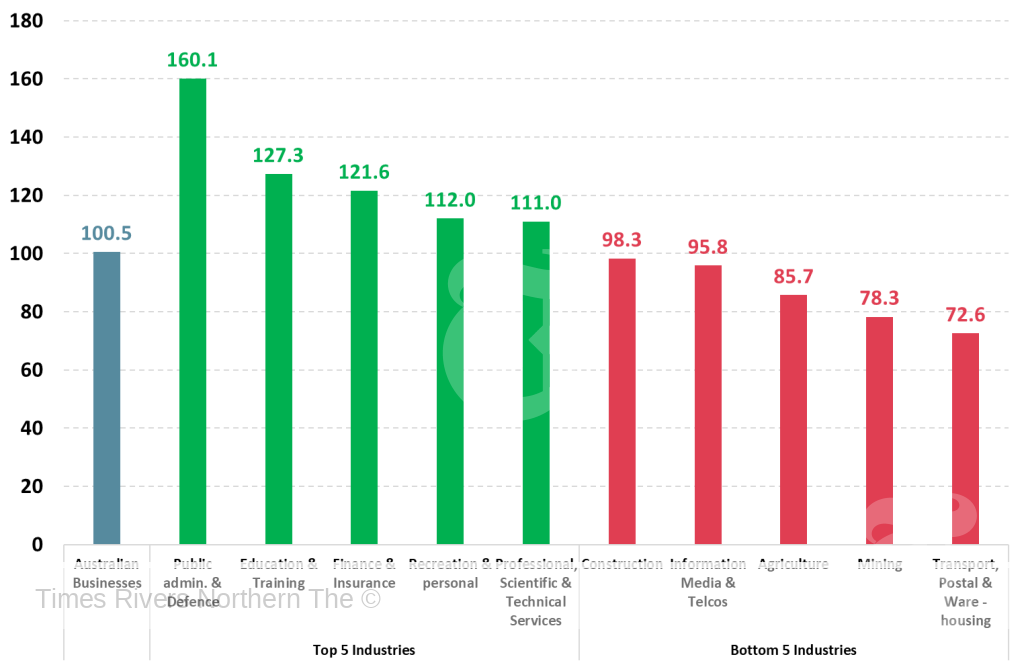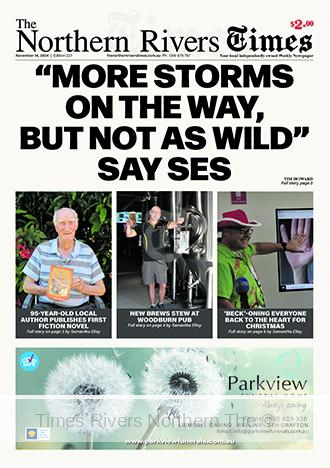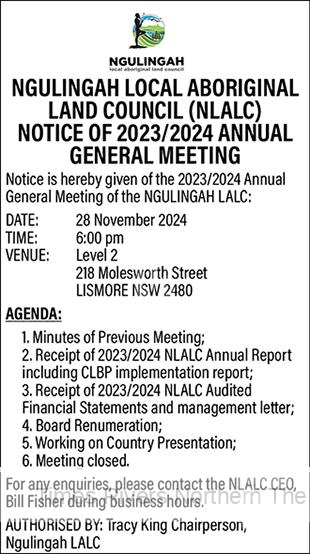Business Bureau Marks a Successful First Year
By Ian Rogers
In its inaugural year, the Minns Labor Government’s Service NSW Business Bureau has provided vital support to small businesses, handling over 265,000 assistance requests.
Statewide, business owners have benefitted from approximately 45,000 hours of free, tailored advice on essential topics like strategic planning, marketing, and cash flow management. Since the Bureau’s launch in October 2023, its web pages have received over 2.2 million visits, offering businesses personalised guidance, expert advice, and access to digital tools.
A dedicated team of Business Concierges has streamlined the process for businesses to access government assistance. This includes understanding regulatory requirements, applying for necessary permits and licenses, accessing disaster relief, and receiving referrals for mental health support for business owners and their employees.
The Bureau’s rapid response team has delivered critical on-the-ground support during crises. For instance, they assisted over 140 businesses in the wake of the Bondi incident, provided aid to those affected by M6 sinkholes, and supported Northern NSW businesses disrupted by a fire ant infestation.
Digital tools like the Service NSW Business Bureau App and Business Profile have simplified access to government resources. More than 165,000 businesses have utilised these solutions, facilitating tasks such as license management and streamlined transaction handling.
Notably, businesses can now easily renew vehicle registrations through the Service NSW Business Profile or the Bureau Mobile App. This feature has already been used by over 21,500 customers, demonstrating the Bureau’s commitment to making business operations more efficient.
For more information on Service NSW Business Bureau, call 13 77 88 or visit here.
Minister for Small Business Steve Kamper said:
“I am passionate about small business, having lived it my whole career, and these customer numbers tell an amazing story of the significant support delivered by the Service NSW Business Bureau in its first year.”
“The Business Bureau is supporting small business owners no matter where they are on their business journey with free, tailored advice and digital tools which are helping to make being in business easier.”
“Driven by the priorities of the recently launched NSW Charter for Small Business, we are focused on working with small businesses across the State to tackle unproductive red tape, break down barriers and build a stronger future.”
“We know small businesses having been doing it tough, but now the Business Bureau is there for small businesses every step of the way.”
Minister for Customer Service and Digital Government Jihad Dib said:
“Small business owners across the State wear many hats which is why we remain committed to making support and services more accessible and more flexible than ever.”
“We have seen more than 165,000 businesses access the Service NSW Business Bureau app and their Service NSW Business Profile which shows the Business Bureau’s digital tools are making it easier for small business owners to access the advice, information and support they need on the go and at a time which suits them.”
Founder of Learnopolis Jennifer Kozanic said:
“As a new business, we needed advice about what sort of public liability, professional indemnity and level of cover we needed. We also needed support with considering who we should target with supplying our product and service.”
“The Business Bureau has provided great advice on writing grant applications, business development and pricing. Winning a NSW Government contract was huge for us as a two-person start-up.”
“Sam, my business concierge, genuinely wants to support us and to have someone cheering you on from the sidelines, who understands business, is something I would recommend for every owner.”
Founder of Parkview Realty Ben Burfitt said:
“The Business Bureau has been hugely supportive in making sure my application for both my class 1 real estate agent licence and business corporation licence were progressed.”
“To have someone who is able to liaise with other areas of the NSW Government was extremely beneficial in getting licence approval in a timely manner.”
“My business is new and so brand awareness is important to us. I look forward to working with the Business Bureau on how to develop this and market the company in a way that represents our story and what we offer.”
Business NSW CEO Daniel Hunter said:
“The NSW Government has done much to improve the digital interface with business. Our state has led the nation for the past decade. With rapid improvements in technology and a constantly evolving operational environment, this is an area we can never take for granted. The work must be continuous or we risk falling behind.”





 Tweed Shire News2 years ago
Tweed Shire News2 years ago
 Motoring News2 years ago
Motoring News2 years ago
 COVID-19 Northern Rivers News3 years ago
COVID-19 Northern Rivers News3 years ago
 COVID-19 Northern Rivers News3 years ago
COVID-19 Northern Rivers News3 years ago
 Northern Rivers Local News3 years ago
Northern Rivers Local News3 years ago
 Health News3 years ago
Health News3 years ago
 COVID-19 Northern Rivers News3 years ago
COVID-19 Northern Rivers News3 years ago
 NSW Breaking News3 years ago
NSW Breaking News3 years ago





